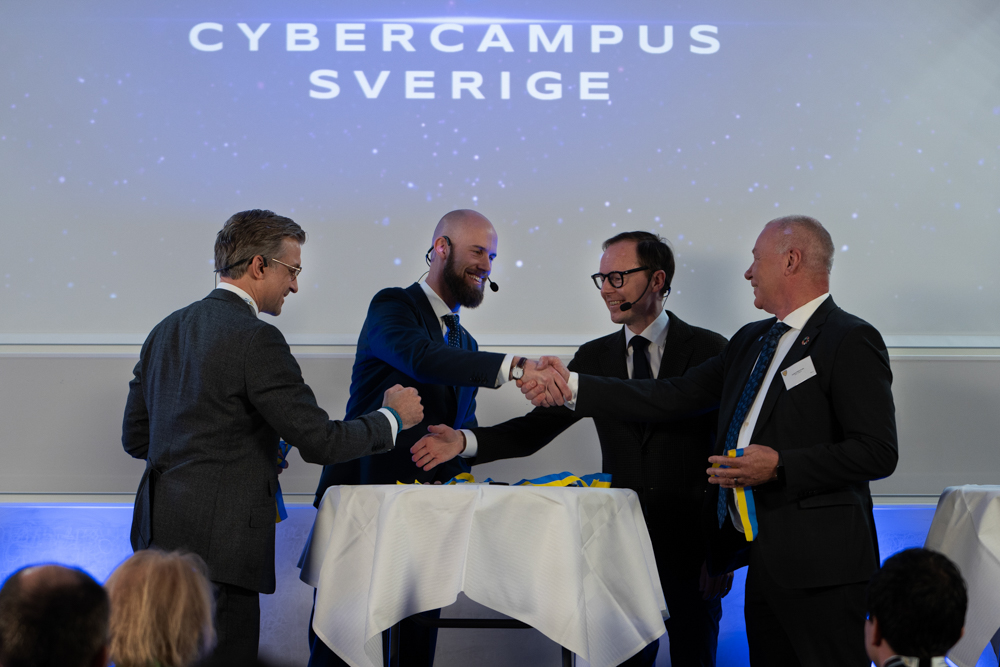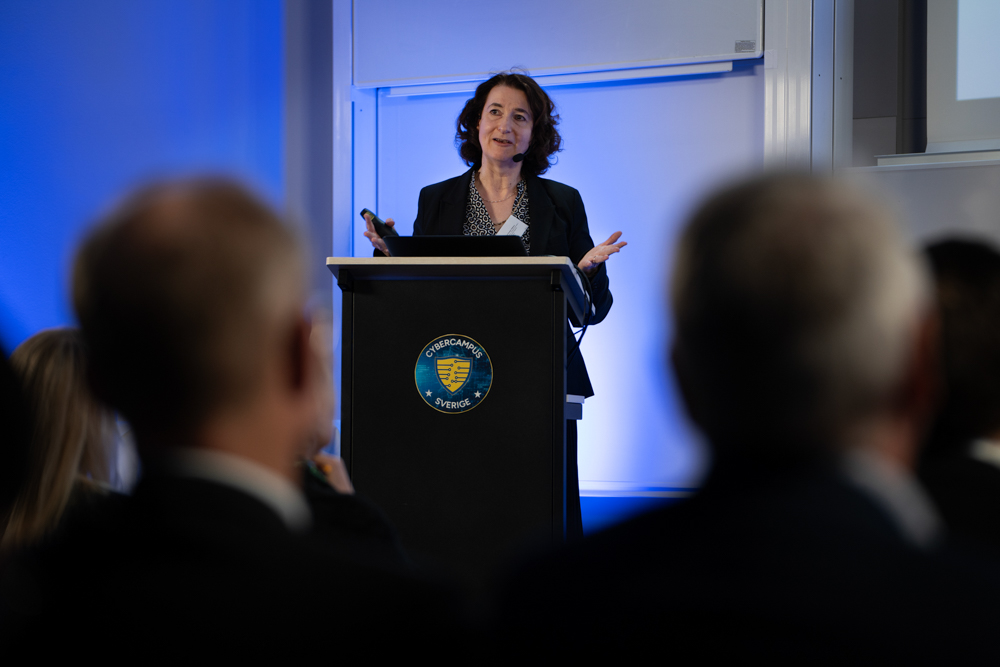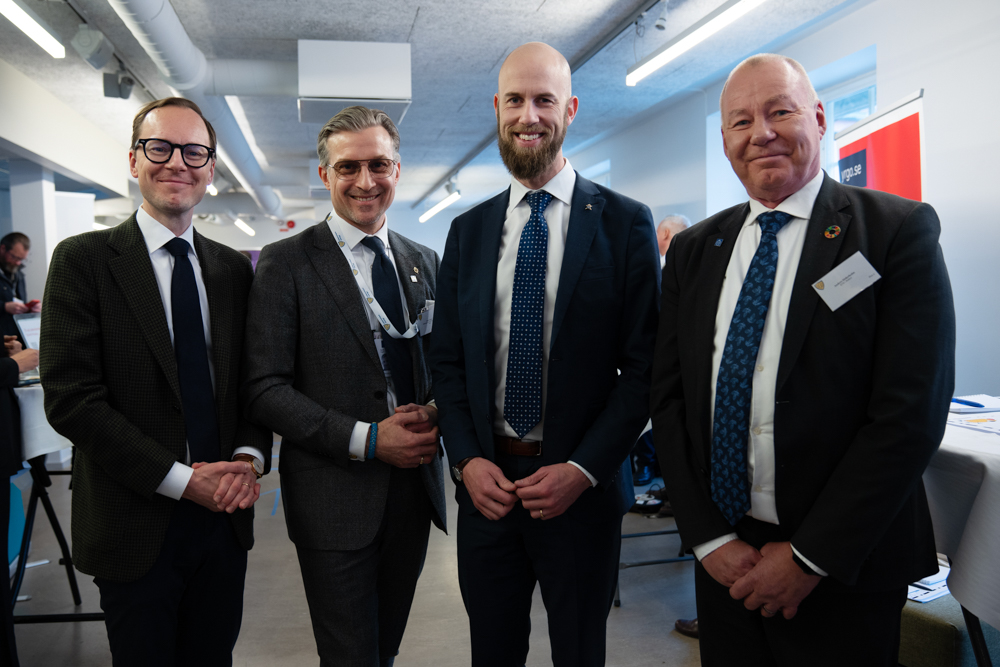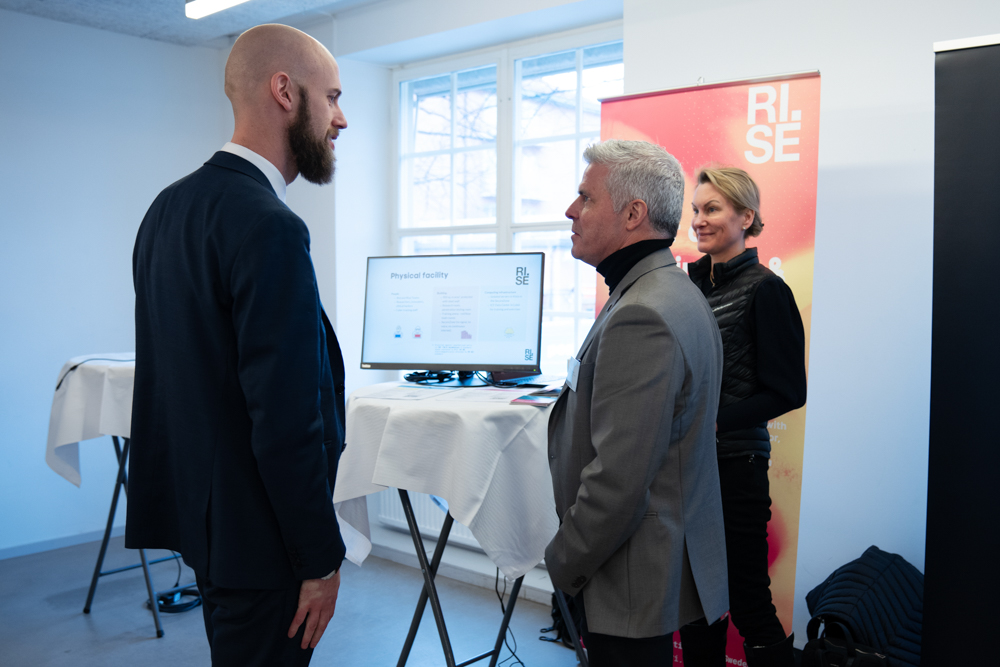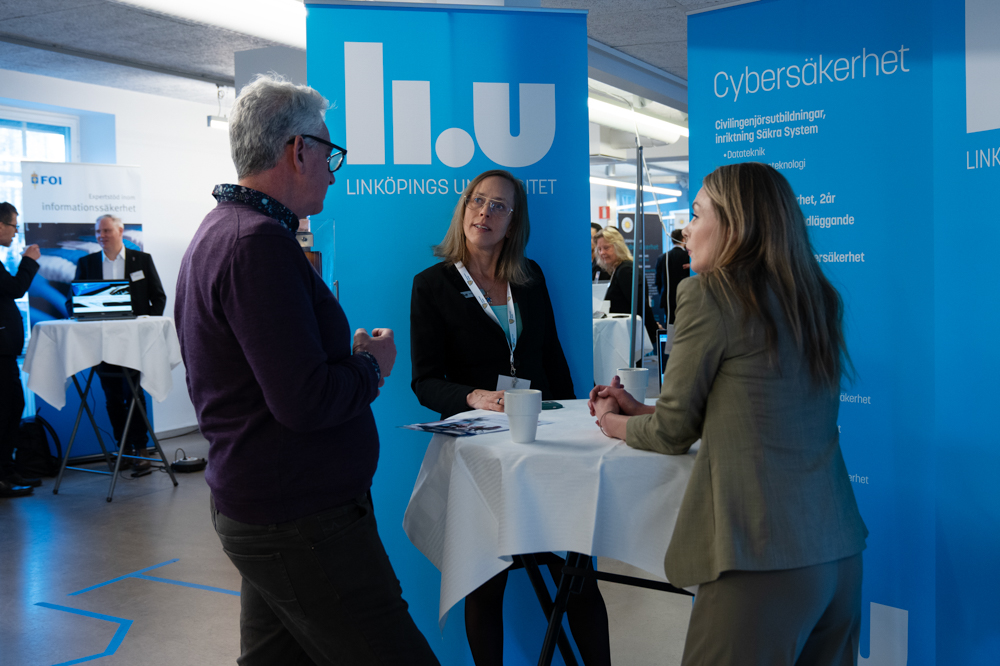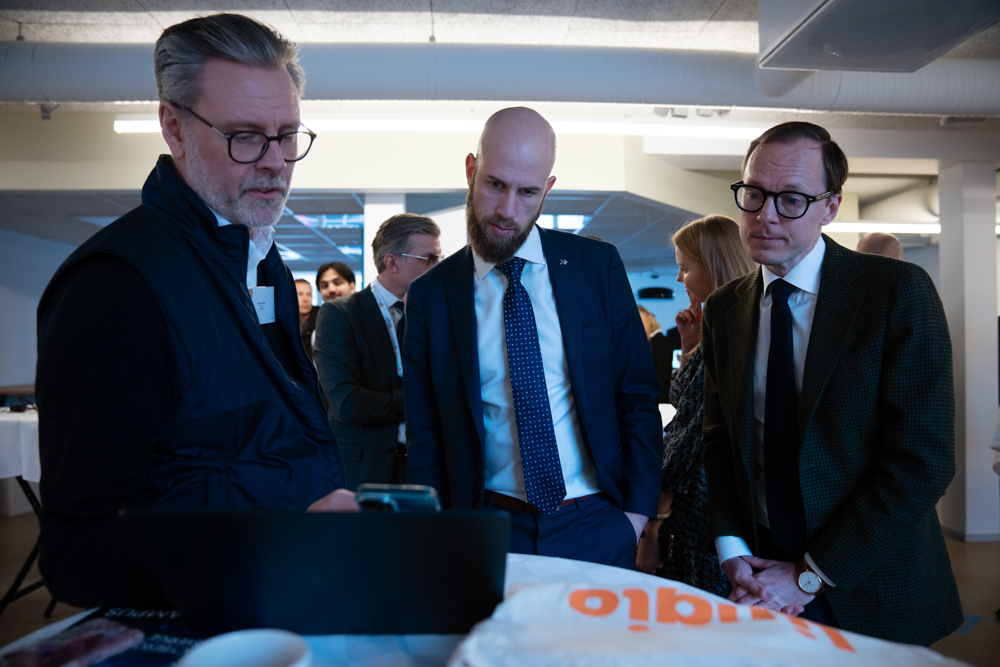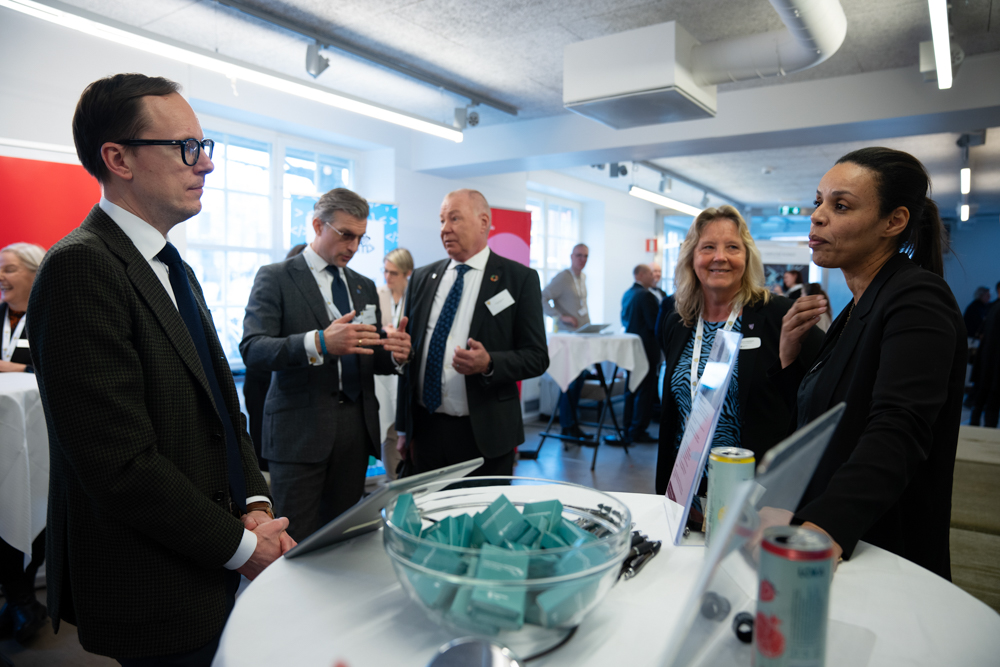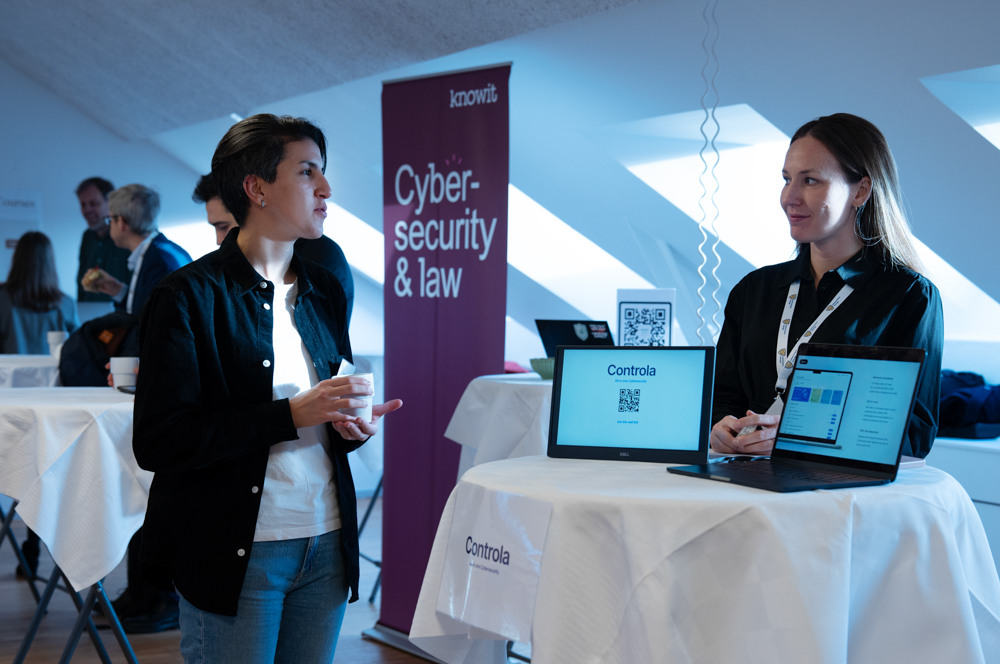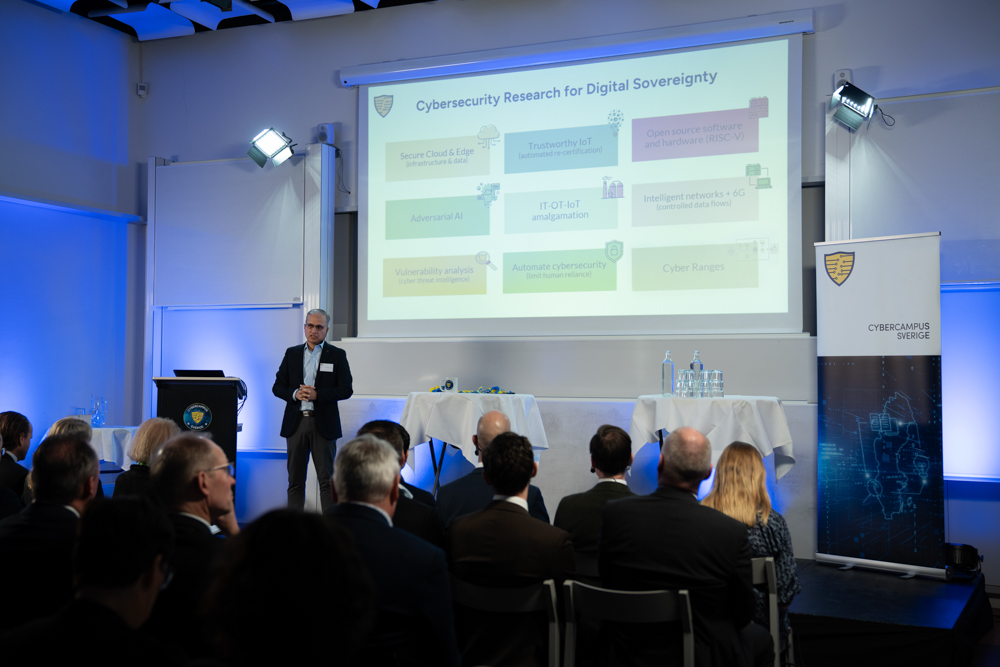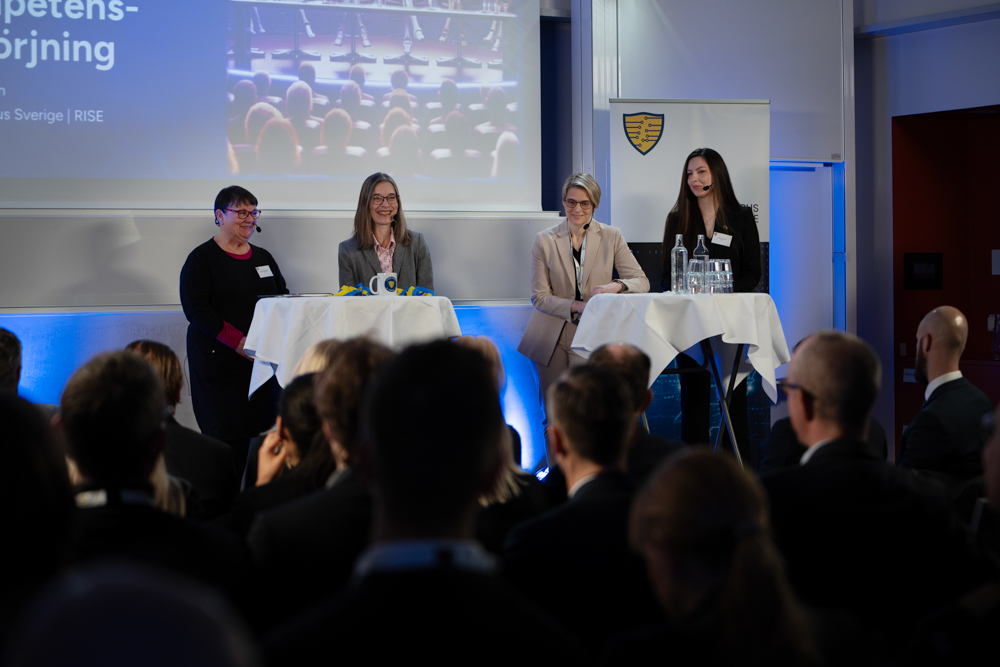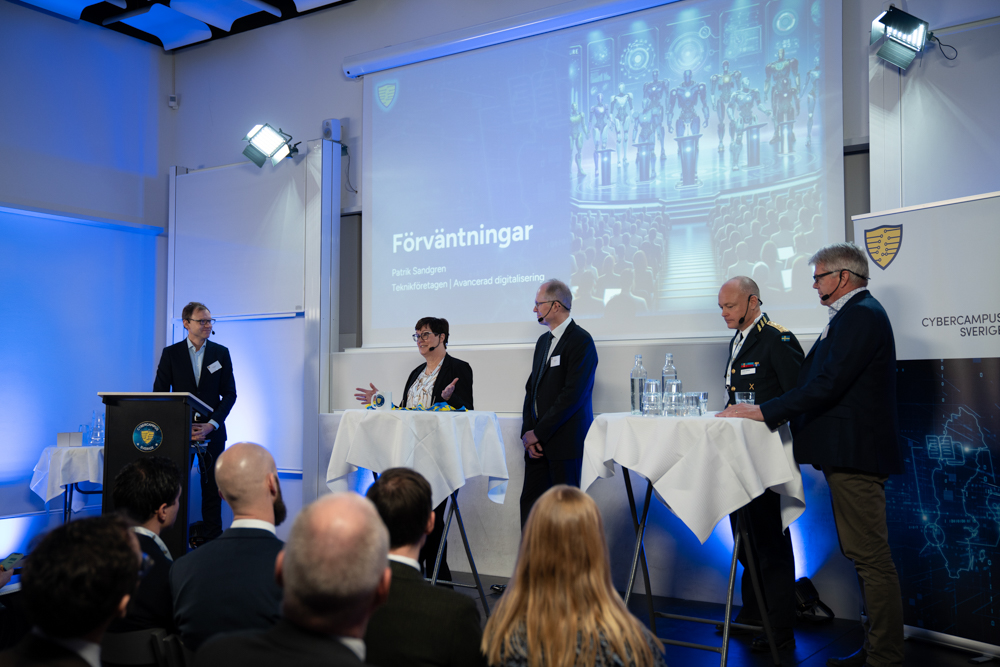Students hacked cars – amazing results
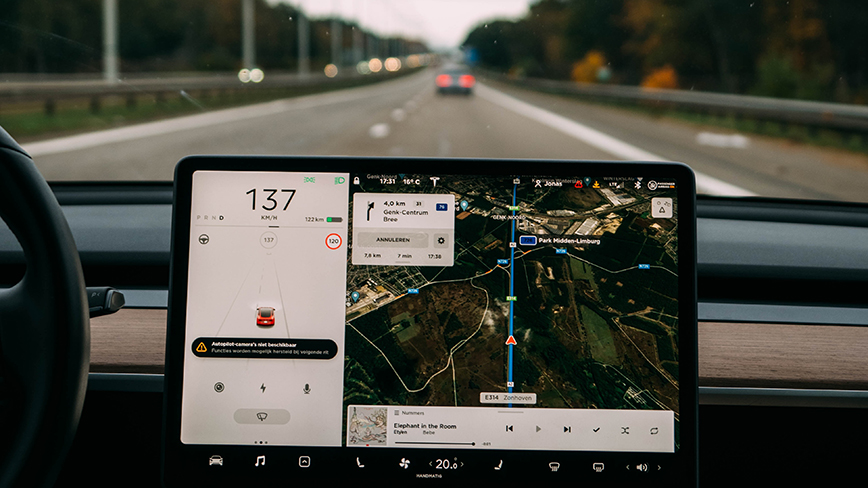
Imagine someone being able to unlock your car without keys – how would you feel? This proved to be entirely possible as students in Computer Science hacked cars.
As part of their bachelor's thesis, students in the 5-year engineering programme in Computer Science tested the cybersecurity of three car brands; MG, Tesla and Volvo in a collaboration with the paper "Vi bilägare" . The students tested several types of attacks, including whether it was possible to open car doors by intercepting radio waves.
"There was incredibly poor security in the cars that were tested, and it is a warning bell", says Fredrik Heiding, doctoral student in cybersecurity who supervised the students.
The fact that the students performed limited tests makes it even more remarkable that they managed to find the things they did. They also tested which type of data were sent to different servers.
"Both Tesla and Volvo communicate with servers in Europe, while MG communicated with a server in China. It would be interesting to investige how they live up to the GDPR regulations", says one of the students who performed the tests, Afruz Bakhshiyeva.
Both groups of students who carried out the attacks were surprised by the results. Mainly because they managed to open both gates and car doors, regardless of their minimal prior knowledge, .
"We learned an incredible amount and I think that if we had been given more time and the chance to carry out attacks that are more aggressive, we would have come up with even more astonishing results", says students Jacob Ingers and Jonas Sjöblom.
Important to have a good understanding
The attacks that the students carried out took place in, or just outside the cars that were tested. The objective was for the students to learn about hacker attacks.
To work with cybersecurity it is important to have a good understanding of the underlying theoretical knowledge. But cybersecurity is largely a practical subject that needs to be implemented in real life.
"To understand how the knowledge plays into a larger context, it is important to test your skills in practice. That's why we at KTH are keen to let students hack real products, which at the same time brings benefits to society as well as industry", Fredrik Heiding finishes.
Read more about the tests the students performed in the collaboration with "Vi bilägare"
Read about the masters programme in cybersecurity
Related news

AI fixes security flaws – KTH wins prestigious award
Can AI fix security flaws before hackers strike? KTH researchers say yes—and their breakthrough won the Best Paper Award 2023 from IEEE Transactions on Software Engineering. By using AI to automate se...
Read the article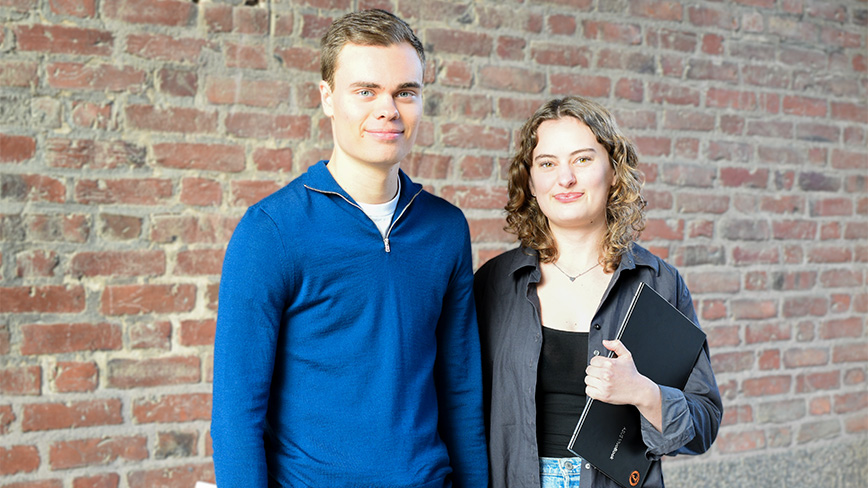
How to stop cyber-attacks with honeypots
In the ever-evolving landscape of cyber warfare, defending against human-controlled cyberattacks requires innovative strategies. A recent study conducted by students at KTH delves into the realm of cy...
Read the articleCybercampus Sverige inaugurated
On 7 February, Cybercampus Sverige was formally launched at a ceremony at the new headquarters in Stockholm, with Minister for Civil Defence Carl-Oskar Bohlin and Minister for Education Mats Persson i...
Read the article
